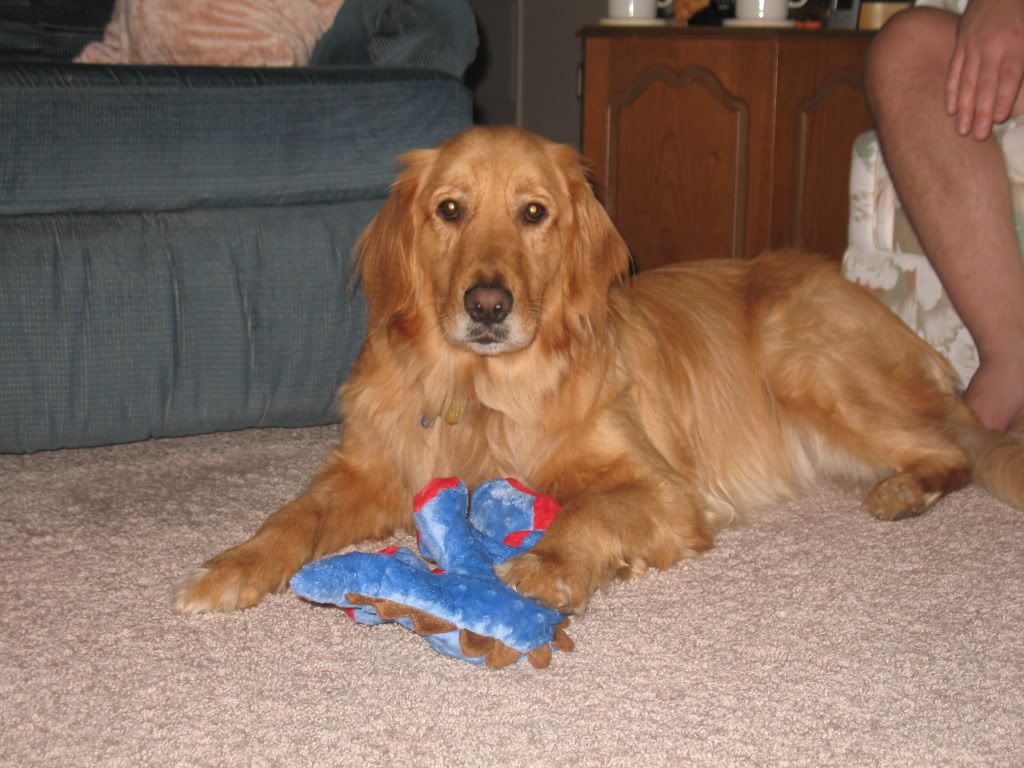I'll offer my 2 cents since I have been a breeder and my wife used to run a doggie day care before she became a vet nurse.
I used to raise beagles and bassets. Sporting hounds can be great dogs, but there are some apples that spoil the bunch. I've known some beagles that were biters. Bassets can be great, but medically iffy; back problems, hip and knee problems, and all hunting hounds just LOVE to roll in road kill to mask their scent. Fine if you live on a farm, but not so great squished into a couch.
Pure breed dogs will always have drawbacks, some fewer than others. Pit breeds tend to be robust, have very little health problems, and (if you get the right one) are ridiculously wonderful animals. Any of the pug-faced (brachicephalic) dogs will have breathing and digestive issues but they make wonderful pets.
We have all rescue dogs that happen to be purebred: a Staffie (pit), a French Bulldog, and a Chihuahua. We got incredibly lucky on all three - they are wonderful dogs.
Some tips...
- Definitely get a rescue/pound dog. The world has plenty of dogs and the pounds are overflowing. No use commissioning a puppy mill or pet store to bring new, unhealthy dogs into the market.
- choose a neutered/spayed dog that is nearly adult but still has some puppy in it. Don't get puppies. First of all, you never know what their adult personality is going to be. Secondly, you still have time to fundamentally correct any behavior issues since they're still young. Thirdly, once a dog is fully adult, its VERY difficult to put an accurate age on them. You won't know if you're getting a dog that is 3 or 18. The other BIG factor here is that you want to neuter/spay early in life, not later. This pays off big time in personality and health. A dog that grew up never being sexually competitive is much less possessive, territorial, and less likely to develop cancers and gland/liver issues.
- In general, mutts tend to be healthier/less glitchy than pure breeds.
- When you are at the pound, choose a dog that is highly interested in you but mildly submissive. A dog that you have to be "introduced" to may be a little more dominant than you'd like, i.e. harder to train, more likely to bite or be territorial. A dog that rolls over on its back and evacuates its bladder might not be an enjoyable dog. A dog that is aloof and doesn't really care about you might not ever be a "man's best friend" kinda critter. The best dogs tend to be the ones that aren't barking. Dogs that bark in the pound are either A) dominant and trying to assert their position, B) just yappy dogs in general, or C) dogs who use their voice to get attention. The best dog is the one who lowers its head slightly, wags incessantly, and is excited to see you. Laying down is a fairly submissive move, but its OK. if they roll over on their back, its way too submissive for me. If they jump up on you, that may be a behavior you want to train out, but it sure is a sign that they're not shy and not violent. A good test of submission is to change your levels. If you drop down to their level and they try to stay lower than you, its a generally submissive posture. If you drop down and they jump on top of you, its a fine line between dominance and playfulness. If they just bounce on you, its playfulness. If they try to lick or put their mouth near your neck or face it can be dominance. You can assert your dominance down the road, but some dogs don't really learn it. My Chihuahua has to get a lesson in dominance about once a month. She'll growl at me when I get close to her food, so I put her on her back and wrap my mouth around her neck. She gets the message. Unfortunately for her, she wants to be dominant, so my asserting my dominance tends to strain my relationship with her. For that reason, choosing a slightly submissive dog who already knows you're in charge can make life a lot easier.
- short-hair dogs not only shed less, but are less likely to have skin/allergy issues
- smaller dogs tend to live longer. Great Danes tend to live about 8 years, Chihuahuas more like 16.
- The rest of their behavior in a pound/shelter is pointless. They are so stressed and unhappy in those places that its hard to judge energy level or demeanor. The tips above are universally instinctive to the dog and are better indicators.
We have a never ending menagerie of snakes, cats, other random animals that we (meaning: my wife) can't resist. But pictures of my pups:
Roxicet, (Moxie for short because I refuse to call her Roxy) the Staffordshire:

Ultra Violet Radiation, (violet for short, AKA "gorilla pig") the French bulldog:

And Mollywobbles (molly for short) the long-haired blue Chihuahua





















































